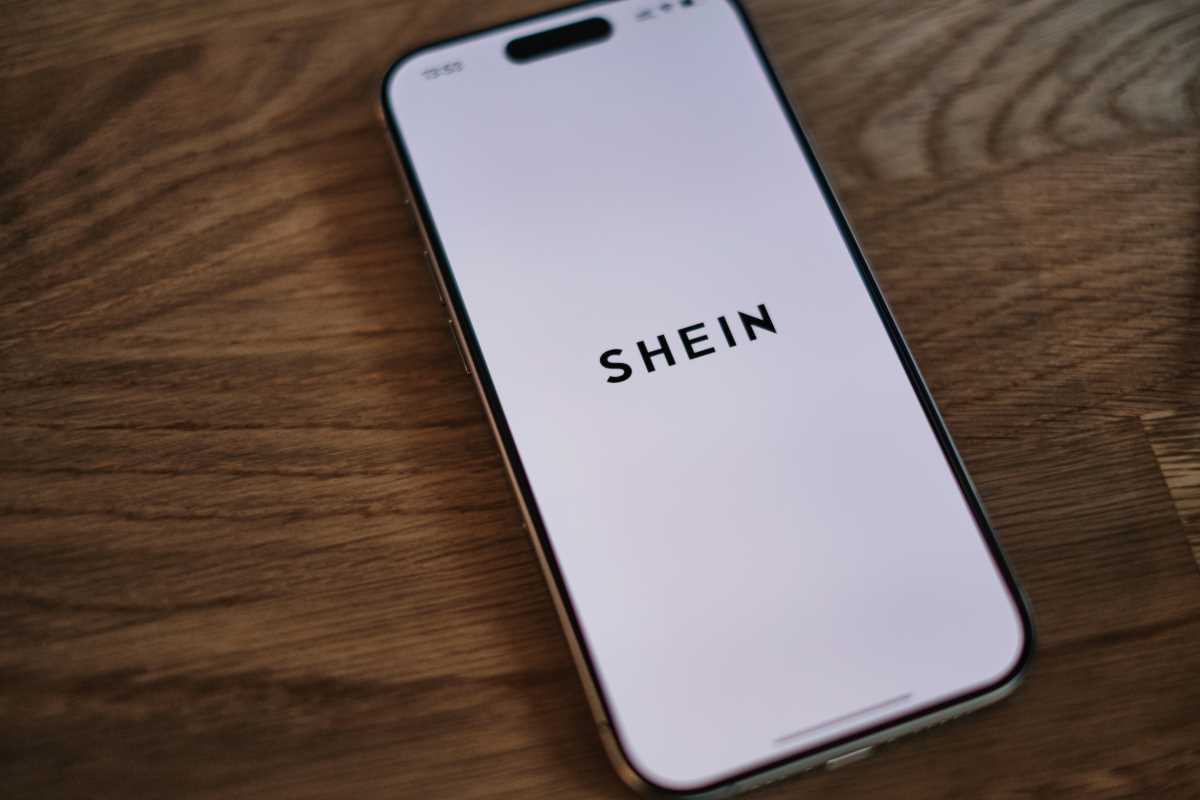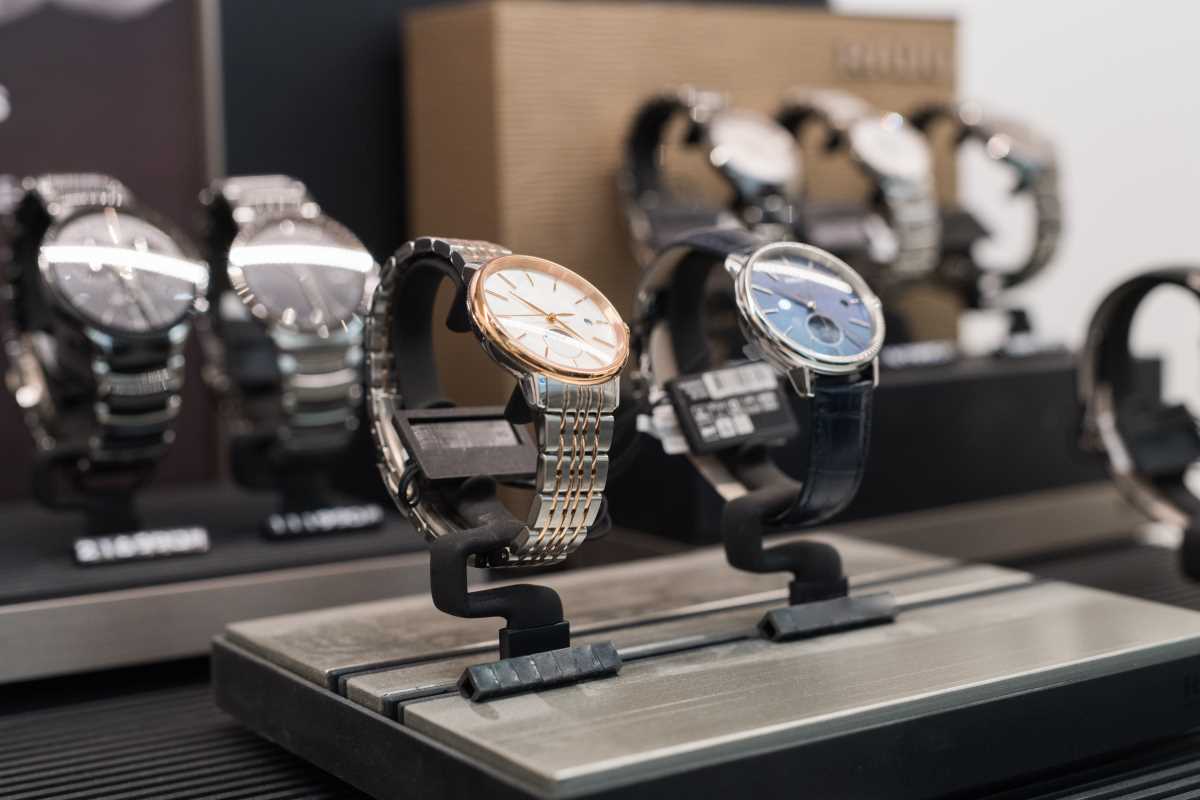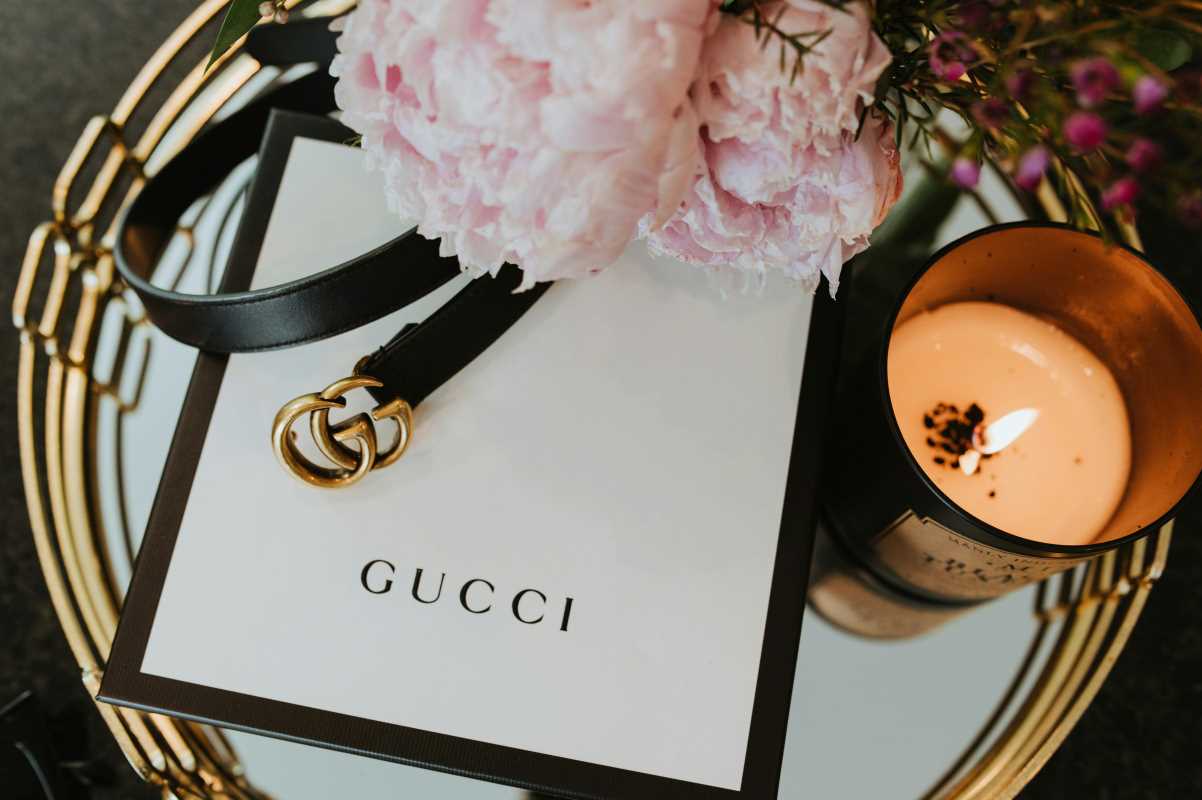Fast fashion can be hard to resist. It offers trendy clothes at dirt-cheap prices, making it easier than ever to keep your wardrobe up to date. But is it really worth it? A darker truth lies behind the low price tags and constant flow of new styles. Many fast fashion brands sacrifice quality, harm the environment, and exploit workers to keep costs low. And in the long run, those “affordable” clothes could cost you and the planet way more than you think. If you’re an eco-conscious fashion lover, it’s time to take a closer look. We’ll explain why some fast fashion brands aren’t worth the hype and share better, more sustainable options for your closet.
What Is Fast Fashion?
Fast fashion is a business model that churns out low-cost, trendy clothes at lightning speed. Think of it as a conveyor belt for fashion, designed to pump out the latest styles as quickly as possible. Brands often mimic runway designs or popular looks, creating garments that are affordable and ready for you to buy within weeks.
The catch is that fast fashion isn’t built to last. These clothes are often made with cheap materials and are poorly constructed, meaning they may not survive more than a few washes. To make matters worse, fast fashion relies on unsustainable production methods and encourages shoppers to keep buying more. It’s a cycle of overconsumption that harms your wallet, the environment, and the people who make the clothes.
Why Fast Fashion Isn’t Worth It
While it might feel like fast fashion saves you money, it’s actually costing you in ways you might not realize. From low quality to shady ethics, here’s why these brands just don’t add up.
Poor Quality That Wastes Your Money
Fast fashion clothing may look appealing on the rack, but the quality often falls short. These garments are made quickly and cheaply, using low-grade fabrics like polyester and subpar stitching. A $10 top might seem like a steal until it pills, fades, or tears after just a few washes.
Forever 21 and Shein have earned a reputation for producing clothes that don’t last. Many customers report seams unraveling or fabrics stretching awkwardly after minimal use. That trendy outfit might not feel like such a bargain when you’re tossing it in the trash after a month.
The Environmental Toll
The fashion industry is one of the largest polluters in the world, and fast fashion is a big contributor. Brands rely heavily on synthetic fabrics like polyester, which is made from plastic. Not only does it take hundreds of years to decompose, but every wash releases microplastics into the water, which pollutes oceans and harms marine life.
Then there’s the issue of waste. Fast fashion brands regularly overproduce clothing, creating tons of unsold stock that often ends up burned or in landfills. For instance, H&M has acknowledged incinerating unsold items that don’t meet safety standards, but investigative reports suggest this may happen more often than the brand admits. Even luxury brands like Burberry have been caught destroying unsold inventory rather than recycling it.
Unethical Labor Practices
Fast fashion profits heavily from cheap labor in countries with low wages and minimal worker protections. This often leads to exploitation and dangerous working conditions.
The 2013 Rana Plaza factory collapse in Bangladesh tragically spotlighted these issues when over 1,100 workers lost their lives due to unsafe working conditions. Many global fast fashion brands produced garments at this factory.
Boohoo has faced allegations of paying workers in its UK factories below minimum wage, with some reports claiming wages as low as £3-£4 per hour. These practices highlight how fast fashion often prioritizes profit over people.
Encouraging Overconsumption
One of the sneakiest tricks of fast fashion is how it fuels a “buy-more” mentality. Shein epitomizes this with its endless stream of new arrivals, often showcasing thousands of new items daily. Special deals and low prices make it easy to justify buying five pairs of jeans when you only need one.
But here’s the catch: most of these purchases aren’t built to last or stay in style. This results in closets packed with poorly made clothes that you’ll dispose of after a few months.
Fast Fashion Brands to Watch Out For
While many fast-fashion brands share these problems, a few stand out for their particularly troubling practices.
- Shein: Known for ultra-cheap prices, Shein has faced lawsuits for stealing designs from independent artists. Alongside its questionable labor and environmental practices, it pushes a high-volume, low-quality production model that promotes overconsumption.
- Forever 21: This brand is notorious for its low-quality garments and frequent legal battles, whether over poorly treated workers or copying designers.
- Boohoo: Allegations of exploitative labor practices and underpaying workers have plagued Boohoo. Despite its trendy collections, the brand’s ethics leave much to be desired.
- H&M: Though the brand positions some collections as “sustainable,” the company has admitted to practices like incinerating unsold stock. Critics argue its sustainability efforts are more about marketing than meaningful change.
Better Alternatives for Eco-Conscious Shoppers
The good news? The fashion world is evolving, and there are plenty of sustainable options that align with your values. Here’s how you can shop more mindfully.
Shop Secondhand
Thrift stores, consignment shops, and online marketplaces like Depop and Poshmark are treasure troves for unique, affordable finds. Buying secondhand reduces demand for new production and keeps clothes out of landfills. You can often find higher-quality items that stand the test of time.
Support Sustainable Brands
Many brands are making sustainability and ethics their priority. Everlane, Reformation, and Patagonia are great examples of companies using eco-friendly materials and fair labor practices. While their pieces may cost more upfront, they’re built to last, saving you money in the long run.
Build a Capsule Wardrobe
A capsule wardrobe focuses on timeless, high-quality pieces that you can mix and match. Investing in classics like a sturdy pair of jeans or a well-made sweater reduces the need for constant replacements. Brands like Eileen Fisher and Tentree are great places to start.
You're not just investing in better clothes by shopping secondhand, supporting sustainable companies, and adopting mindful shopping habits. You’re also supporting a better future for the planet and the people who live on it. And remember, true style isn’t just about looking good. It’s about making choices that feel good, too.
 (Image via
(Image via





